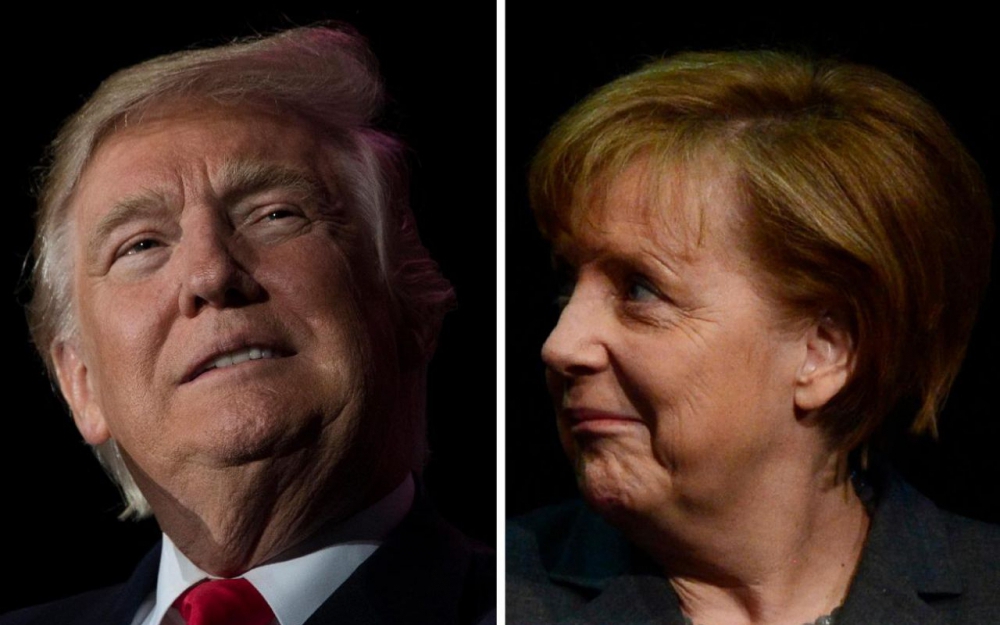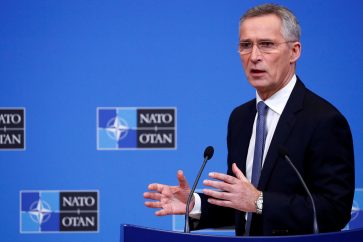The two important summits last week, namely, the NATO summit in Belgium, and the G7 summit in Italy have brought more divisions into the Western Alliance. The scene was a place of confrontation between USA and Europe, namely Germany over a host of issues.
Raising military expenditure of the member states of the NATO, the engagement of the organization in the fight against terrorism, and the menace of climate change are three topics that caused a controversy between Washington and Europe. US president harshly attacked 23 of the 28 members of NATO for not contributing enough in the finance of the organization. He successfully exercised pressure on them to raise their shares in the budget, warning that refusing the fundraise would lead to similar terrorist attacks like the recent one in Manchester. Trump wanted the Europeans to take part in the military confrontation with Daesh (ISIL), which means sending troops to engage in ground, a thing many European states are reluctant to do. Furthermore, US president refused to sign the Paris treaty over the gas emissions, the number one cause for climate change.
Germany was the most vocal about its vision which does not overlap with Trump. The frustrations started in Belgium when US president renewed his harsh criticism against Germany’s trade surplus. The situation exacerbated when he attacked some NATO members for not paying vast amounts of money. Furthermore, an atmosphere of betrayal and blackmail spread among the Europeans when Trump failed to voice clear support for NATO’s mutual defense doctrine, Article 5. The article stresses that any attack against any member state is considered an attack against all, and would necessitate an overall response.
German chancellor Angela Merkel responded with blunt frankness saying ” the times when we could fully count on others are over to a certain extent.” She further elaborated ” We Europeans must really take our destiny into our hands.” This confirms the growing European tendency to shift towards self-reliance. The German position was hailed by Italy which expressed support.
In any case, the tense rhetoric between the two sides of the Atlantic does not necessarily mean that they are heading for a kind of separation or divorce; the circumstances are not mature for either side to take such a step. Should they really want to do it, a very long way and a major shift in the geopolitics of Europe and the world should take place before we can see that a real reality.
Source: Al-Manar Website




